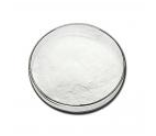-
Call us toll free : 0086-13866721542
-
Email : dep5@techemi.com
Call us toll free : 0086-13866721542
Email : dep5@techemi.com
Tags :

Tags :
Tags :